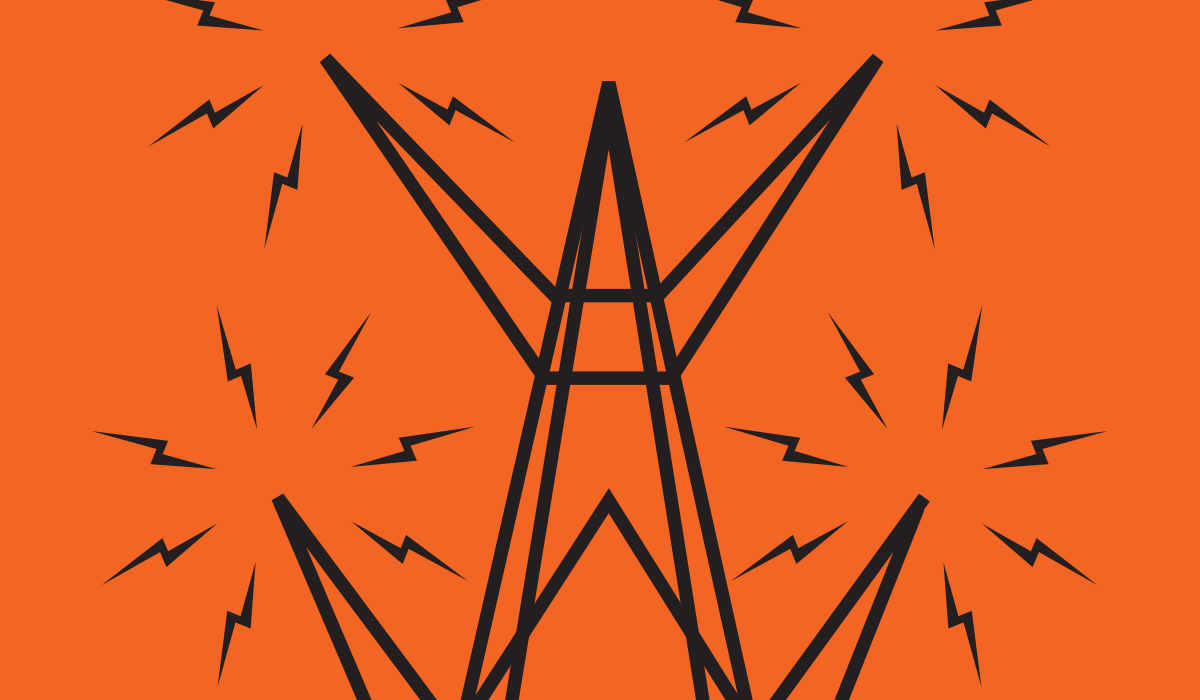



Africa is a continent poised between aspiration and actuality. This future-minded edition of Cityscapes is framed around the rubric of “futurity”
In January 2015 the African Union (AU) adopted Agenda 2063, a vision statement and action plan for a prosperous and united Africa. Agenda 2063 is historically mindful but in essence focussed on the future. “We aspire that by 2063, Africa shall be a prosperous continent, with the means and resources to drive its own development, and where African people have a high standard of living, and quality of life, sound health and well-being,” reads a passage from this document.
Cities and other settlements are a point of elaboration. By 2063, the AU projects will be hubs of cultural and economic activities with “modernised infrastructure” and “basic necessities of life” such as shelter, water, sanitation, energy, public transport and—given it is the post-digital world we are speculating about—information and communications technologies.
But what does it mean to imagine the future from the vantage of the present? What does the past tell us about the future? Are the musician Fela Kuti’s prison thoughts still relevant? In 1984, the military-backed regime of General Muhammadu Buhari, currently Nigeria’s democratically elected president, jailed Kuti on trumped-up charges. Speaking to a Dutch music journalist, Kuti prophesised a bleak future. “Nigeria is not a producer,” he said. “You could say the same thing for Africa as a whole and that’s why it will continue to go downhill.”
The reason: material production. “We do not produce anything that is needed in the world. Just oil.” Music? “Oh please stop. Music might be able to be an economic aid for Africa, but we are not in urgent need of that kind of production. We must produce raw things that people want and must buy. Only then will things improve for Africa. But as long as that doesn’t happen, what does Nigeria’s development plan stand for? Nothing. Just oil. And everyone has oil nowadays, because the Arabs are selling more oil than the world can use.”
Africa is a continent poised between aspiration and actuality. This future-minded edition of Cityscapes is framed around the rubric of “futurity”.
This noun has an uncomplicated meaning: it denotes future time, and speaks about renewed or continuing existence. Future time occupies us all. What will tomorrow be like? It will be urban and unequal, suggest our contributors. In Africa, some inhabitants will live in gated compounds, others in congested informal living arrangements. There will, of course, be trade and exchange, reciprocity and collaboration. The continent will also, in various forms and diverse ways, bear the imprimatur of China.
“Whatever the case, China has, for now, become a far more prominent actor than others in the future-making of Africa,” writes philosopher Achille Mbembe (p.50), “to the point where Africa is now not only a planetary question … but also and more specifically a Chinese question.” Various contributors debate and complicate his assertion. Technology, that panacea of technocrats and sci-fi geeks, is also debated. It will refigure Africa, but not in the ways necessarily figured by marketers of smart technologies and exotic financing tools. Just two of a number of jump-off points into this issue. Good reading.
By using this website you agree to our Terms and Conditions. Please accept these before using our website.